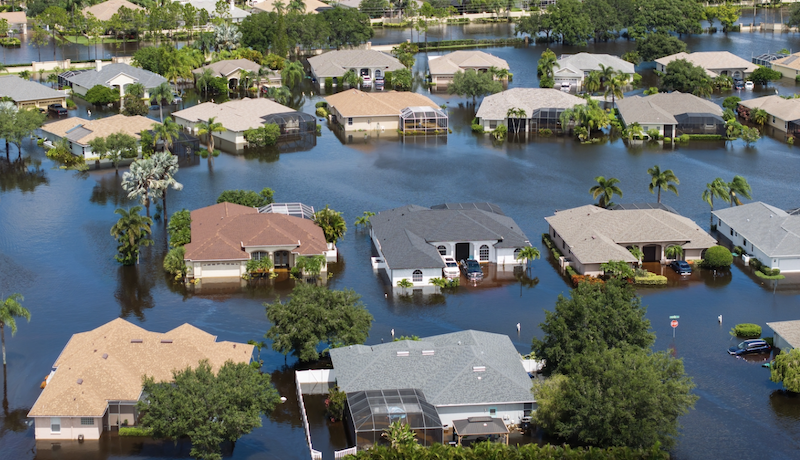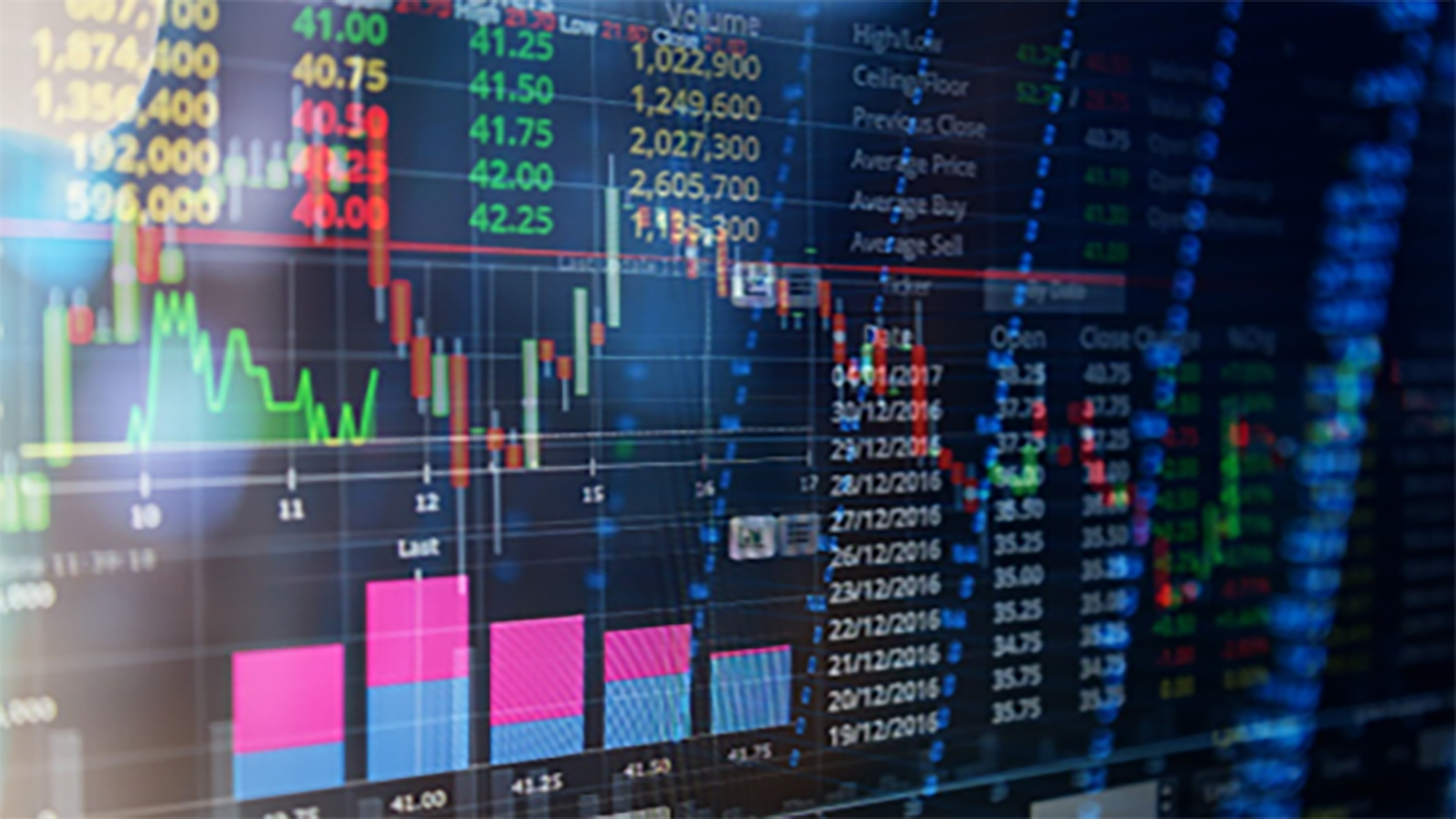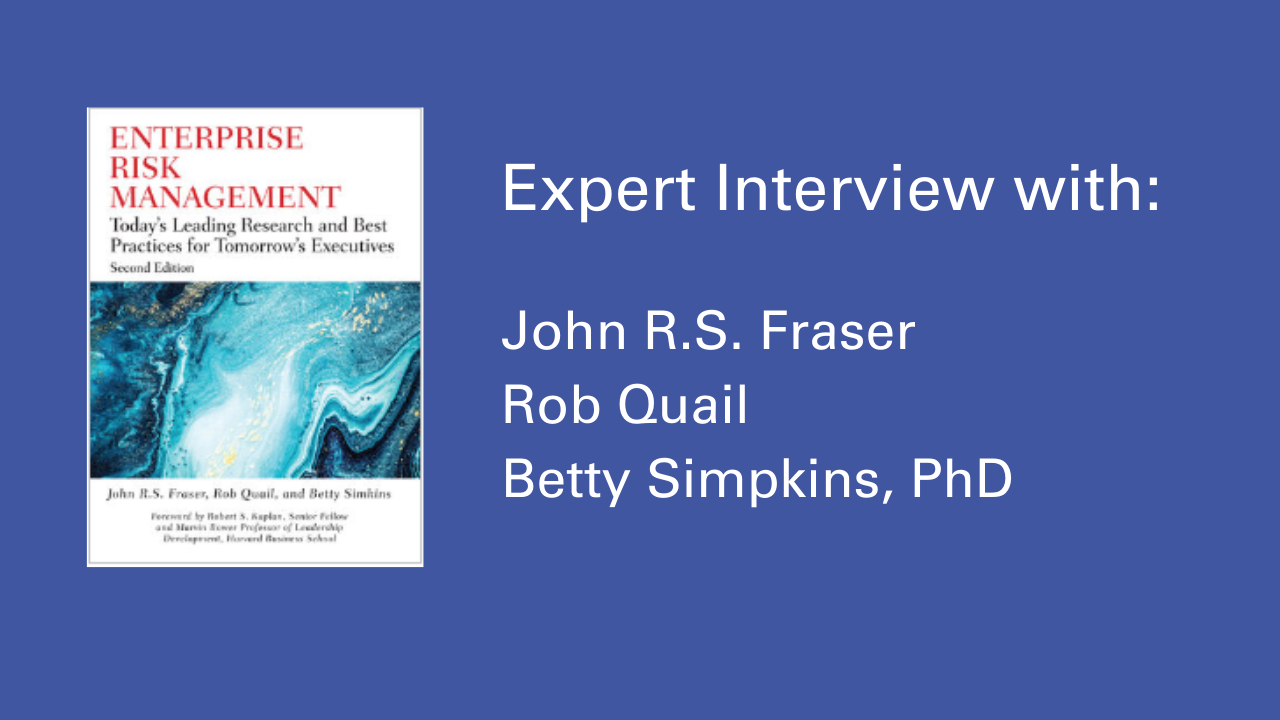Feb 8, 2022
Imagining Unimaginable Risks
Risks take a variety of forms, many of which companies can proactively manage. But novel risks are much more difficult to predict and plan for and they may seem improbable, emerge from a perfect storm of events, or are unprecedentedly massive. In their 2020 Harvard Business Review article, "The Risks You Can't Foresee," authors Robert S. Kaplan, Herman B. "Dutch" Leonard and Annette Mikes define novel risks and then describe how to detect and respond to them to mitigate the risk impact on the business.




